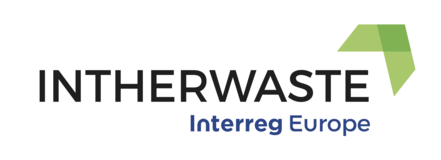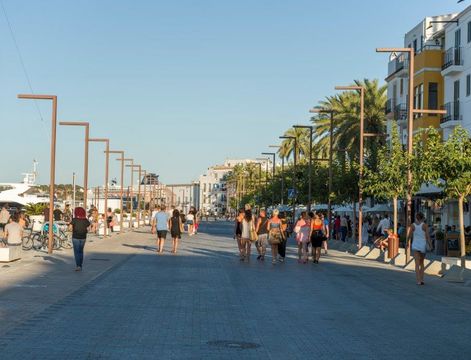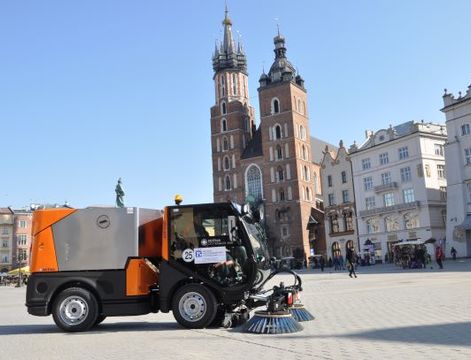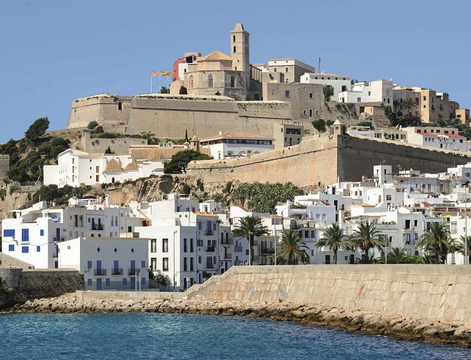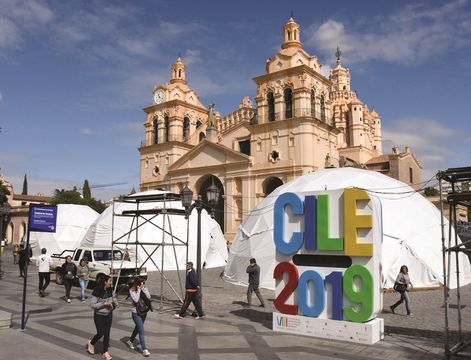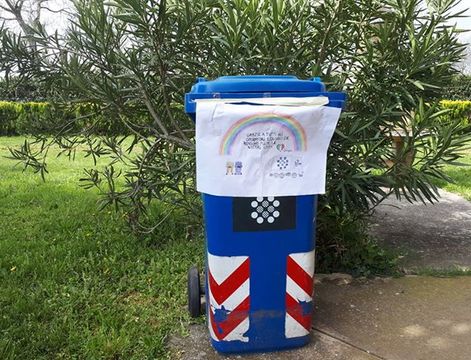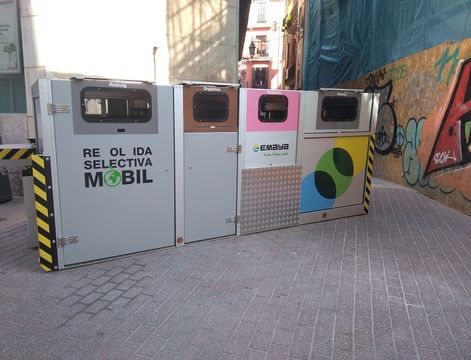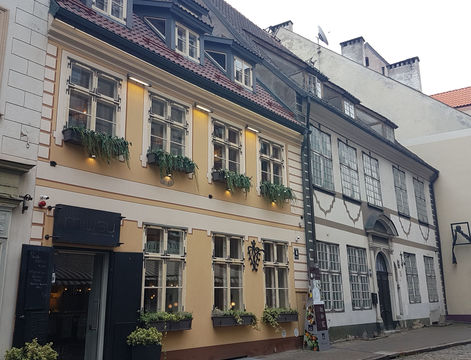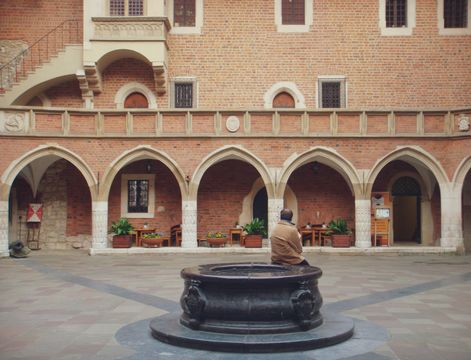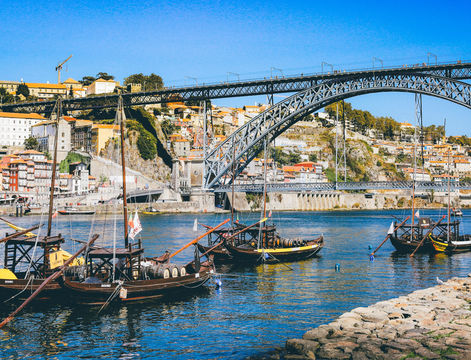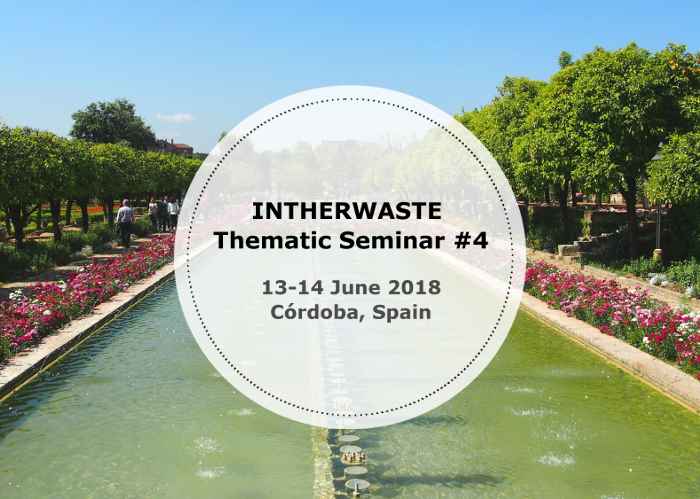Krakow is one of the most unique cities in Europe, and second largest city of Poland. The city has many tourist attractions including monuments and a rich cultural offer, while being the administrative centre of the Malopolska voivodeship.
In 1978 Krakow was added in the UNESCO’s world heritage list. Furthermore, in 2005, it was ranked 5th in the list of the most interesting European cities, prepared by the prestigious magazine "Travel and Leisure". In addition, in 2006 the American Orbitz agency recognized it as the most fashionable place in the world.
Krakow has around 768,000 inhabitants, and the number increases to 1,000,000 considering also students; it hosts about 10,000,000 tourists visiting the city every year.
The Municipality of Krakow has been responsible for organising the collection and management of municipal waste from owners of properties since 1 July 2013. The actual organizational unit responsible for organization and management of waste is the Municipal Services Department. It controls, accounts and supervises the operation of the municipal waste collection system from the residents, its management and the maintenance of cleanliness and order in the city.
Following the agreement between the Municipality of Krakow and the Municipal Service Company Ltd., the latter is in charge for the waste management system. Accordingly, it is responsible for municipal waste management and maintenance of neatness in the city, including the provision of the collection services for sorted waste, such as bulky waste, textile waste, green waste and waste of electrical and electronic equipment. All of Krakow’s inhabitants can take advantage of these services of collection and disposal in exchange for a waste management fee, to be paid to the municipality.
In the middle of 2016, a modern incineration plant was launched. The Waste Thermal Treatment Plant in Krakow is the final element of the municipality's waste management system. It makes waste management within the Municipality of Krakow fully compliant with the provisions of European, national and local laws. The plant provides energy recovery from waste and its production in cogeneration, utilizing 220,000 Mg of waste per year.
